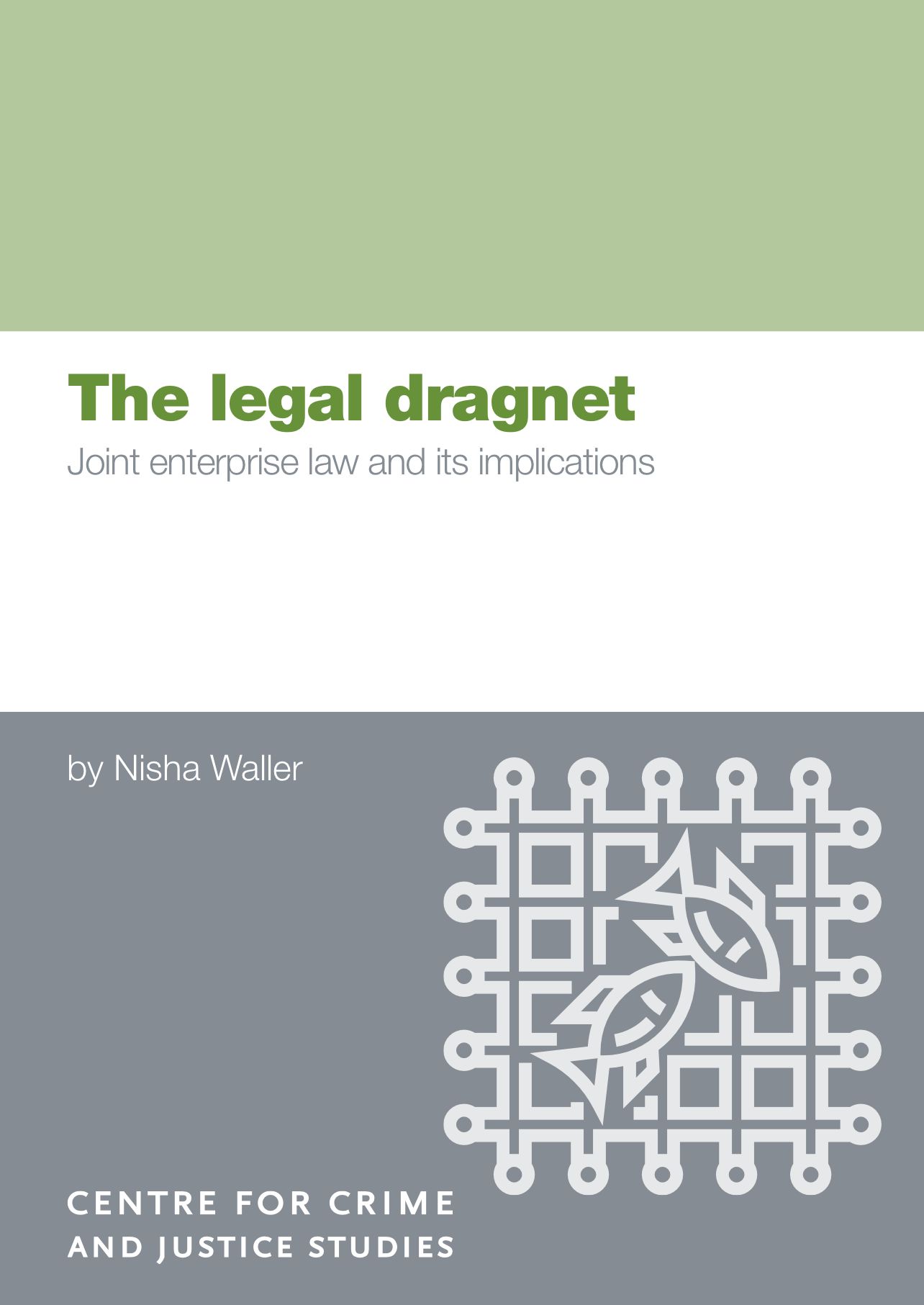The legal dragnet examines the law and prosecution practice concerning secondary liability, often referred to as ‘joint enterprise’.
Focusing on homicide cases, it highlights the risks posed by the current ambiguous law and makes a case for creating a safer framework for prosecution.
The report finds joint enterprise laws are vague and wide in scope, causing systemic injustice, including overcriminalisation, overpunishment, discriminatory outcomes, and convictions where there is no compelling evidence of intent and a defendant’s physical contribution is minimal.
Under the current vague law, suspects are routinely charged and cases constructed with an absence of rigour, quality, and precision as to the role of each defendant.
The law encourages:
- The police and Crown Prosecution Service to charge suspects based on poor-quality evidence.
- Highly speculative prosecution case theory to take precedence over strong evidentiary foundations.
- The use of gang narratives and vague concepts such as ‘in it together’ to imply collective intent. The risks of legal vagueness are particularly borne by young Black men and teenagers, who are most likely to be labelled and stereotyped as gang members.
Given the gravity and longstanding nature of concerns about the current law, the scope of secondary liability law needs to be narrowed in favour of a clearer and safer legal framework. Preventing wrongful convictions and their grave implications should take priority over the ease of prosecution.
The government must make good on their commitment to reform the laws of secondary liability as soon as is practically possible.
Helen Mills, our Head of Programmes writes in the foreword:
Over this time, numerous official reforms and interventions have given this controversial law the appearance of change, but little seems to be fundamentally different.
Report author, Nisha Waller, writes:
Juries are left to make life-altering decisions with an absence of clear parameters and legal direction, heightening the risk of inconsistent and discriminatory outcomes, and wrongful conviction.
We are grateful to the Transition to Adulthood Alliance, convened by the Barrow Cadbury Trust for supporting this work.
Selected coverage
- ‘Labour urged to reform joint enterprise law to stop “systemic injustice”’, The Guardian, 28 July 2024
- ‘The Legal Dragnet Joint Enterprise Report’, Early Day Motion, 10 September 2024
- ‘MPs renew call for review of “unjustifiably vague” joint enterprise law’, The Guardian, 11 September 2024
- ‘“Over-criminalisation, over-punishment and discriminatory outcomes” found in new report on Joint Enterprise law’, The Justice Gap, 12 September 2024
- ‘New push to end joint enterprise “legal dragnet”’, Russell Webster, 13 September 2024
- ‘MPs urge reform of joint enterprise law’, Inside time, 18 September 2024
